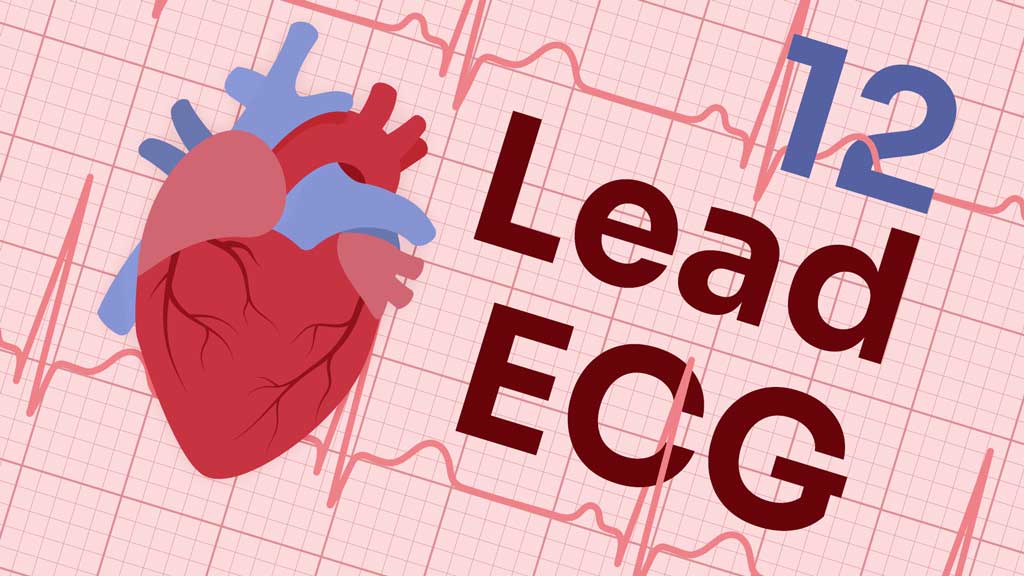Are ECG Watches Accurate?

With the rise of wearable technology, ECG watches have become increasingly popular for monitoring heart health. These watches claim to provide accurate readings of the heart's electrical activity, but how accurate are they really? In this article, we will explore the accuracy of ECG watches from various angles, including the technology behind them, factors that can affect accuracy, and the performance of the PulseNexa Health SmartWatch's ECG functionality.
Technology Behind ECG Watches
ECG watches use sensors to detect the electrical signals produced by the heart. These signals are then processed and displayed on the watch's screen, allowing users to monitor their heart rhythm in real-time. The accuracy of ECG watches depends on the quality of the sensors and the algorithms used to interpret the data.
Factors Affecting Accuracy
Several factors can affect the accuracy of ECG watches:
-
Skin Contact: ECG sensors require good skin contact to accurately detect electrical signals. Poor contact can lead to inaccurate readings.
-
Movement: Movement can interfere with the ECG signal, leading to artifacts that can affect the accuracy of the readings. Some watches are designed to compensate for movement artifacts, but this can vary in effectiveness.
-
Signal Processing: The algorithms used to process ECG data can impact the accuracy of the readings. Advanced algorithms can help filter out noise and artifacts, improving accuracy.
-
User Error: Incorrect placement of the watch or improper use can also affect the accuracy of ECG readings.
PulseNexa Health SmartWatch's ECG Functionality
The PulseNexa Health SmartWatch stands out in the market due to its advanced technology, including the integration of artificial intelligence (AI) chips and laser detection technology. These features enhance the accuracy and reliability of its ECG functionality, making it a standout choice for those seeking precise heart health monitoring.
The AI chip embedded in the PulseNexa SmartWatch processes ECG data in real-time, allowing for rapid and accurate analysis of heart rhythm and potential abnormalities. This technology enables the watch to provide instant feedback on heart health, giving users peace of mind and timely information for any necessary medical interventions.
Moreover, the PulseNexa SmartWatch's laser detection technology ensures optimal sensor performance and accuracy. This technology allows for precise measurement of ECG signals, even in challenging conditions such as during exercise or when the user is in motion. As a result, users can rely on the PulseNexa Health SmartWatch for accurate and consistent heart health monitoring.
For example, the PulseNexa V19pro SmartWatch combines the latest AI chip and laser detection technology to offer users unparalleled accuracy in ECG monitoring. The FitActive Health Watch and ElectroPulse Health Watch also benefit from these technologies, ensuring that users receive reliable and accurate heart health information at all times.
While ECG watches offer a convenient way to monitor heart health, their accuracy can vary depending on various factors. The PulseNexa Health SmartWatch's advanced technology, including AI chips and laser detection, sets a new standard for accuracy and reliability in ECG monitoring. Users can trust in the PulseNexa Health SmartWatch to provide accurate and timely information about their heart health, empowering them to take control of their well-being.

